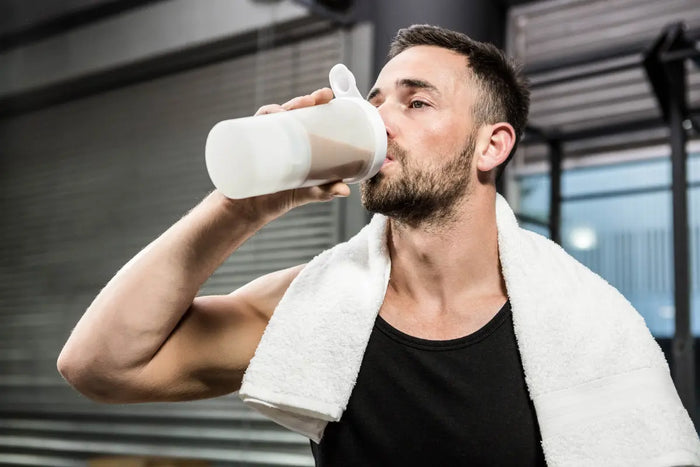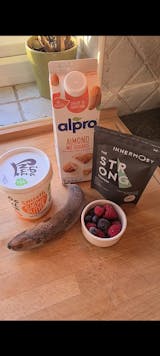Stephen is a qualified running coach and founder of LDN Brunch Club, a community of runners who train collectively in a supportive environment. Each run finishes with brunch somewhere in London, providing a perfect way to refuel, rehydrate and build friendships. Stephen has completed marathons across the world including New York, London, Paris, Berlin, Tokyo, and Chicago as well as numerous half marathons. We sat down with him to find out how he got started and what makes him tick.
"I’ve always been into sport but my interest in running started when I loved to London 5 years ago. I had very little knowledge of the city and running helped me get familiar with my new home. Before long, I was running regularly with other people and had made a great group of friends. That led me to start LDN Brunch Club, nearly 4 years ago now. I also became a qualified running coach so I could provide advice that wasn’t just based on my own experience. I’ve now run marathons in London, Paris, Tokyo, Athens, Copenhagen, Berlin, Chicago, and most recently New York. Personally, I run to clear my mind but it also helps me creatively. I’m a firm believer that a healthy body is a huge contributor to a healthy mind." - Stephen
Favourite Innermost products, and why?
The Fit Protein. Great for after a long run to rehydrate with the pink Himalayan sea salt and magnesium, and great for after a workout. I tend to just mix with almond milk or blend with some banana and a little peanut butter. The Energy Booster. Most possibly the best pre-workout on the market. Helps me push longer, harder and make the most of my workout. Plus 5g of BCCAs to prevent muscle breakdown and encourage fat burn.
What's your hustle?
Digital Project Manager by day. LDN Brunch Club Founder and Captain in my spare time. Also, 9 x Marathoner, Triathlete and Running Coach.
What does #liveinnermost mean to you?
Balancing hectic city life and a healthy lifestyle. Being at your best when working hard, training hard but giving yourself plenty of rest and downtime too.
What do you do to maintain a healthy lifestyle?
Run, lift, yoga, cycle, swim, climb...
Usual breakfast?
In the week, porridge or peanut butter on toast. At the weekend, usually avo on toast and/or something involving halloumi and eggs.
Best vacation ever?
Going to South Africa, running 10K at night around Jo’burg and then going on safari!
Current fitness goal?
Recovering from injury at the moment but hoping to be taking part in this year's London Marathon.
What's on your bucket list?
Boston Marathon (last major marathon to complete), Two Oceans Marathon (one of the most beautiful marathons to run) and maybe some races further afield (Asia, Africa, Australia).
Biggest vice?
Probably pizza or a good burger!
Your last workout?
30-min cycle on the watt bike followed by deadlifts, squats and good foam roll and a nice long stretch.
What's the favourite thing about the city you live in?
The diversity. I’ve met people form all walks of life here, it really is a melting pot. I also love that there is so much to do and see, literally every single day.
Most physically challenging thing you've done?
Man Vs Mountain was pretty tough. A 20 mile round trip going up to the summit of Snowdon. It rained pretty much from start to finish and I’d broken my toe about 8 weeks before so the majority of the run was pretty uncomfortable!
Where's your happy place?
Despite being a city boy, I really like being by the sea. I lived in Sydney for a few years and took every opportunity to spend time on the beach but also love Barcelona for the same reason. I loved Lake Como when I visited recently.
Book on your bedside table?
Endure: Mind, Body and the Curiously Elastic Limits of Human Performance by Alex Hutchinson.
Where do you see yourself in three years?
Probably living somewhere a little quieter, maybe Amsterdam.
What or who motivates you?
“Normal” people doing amazing things. I’ve been fortunate enough to be around a lot of people who have pushed themselves to achieve things that many other people think are impossible. Running incredible distances/races, performing to the limits of their ability alongside working regular full-time jobs.
Favourite inspirational quote/words?
Nothing worth having comes easy.
To see more from Stephen, head to his Instagram page (@stephenadjaidoo). And click here to find out how you can get involved with LDN Brunch Club (@LDNBrunchClub).
























